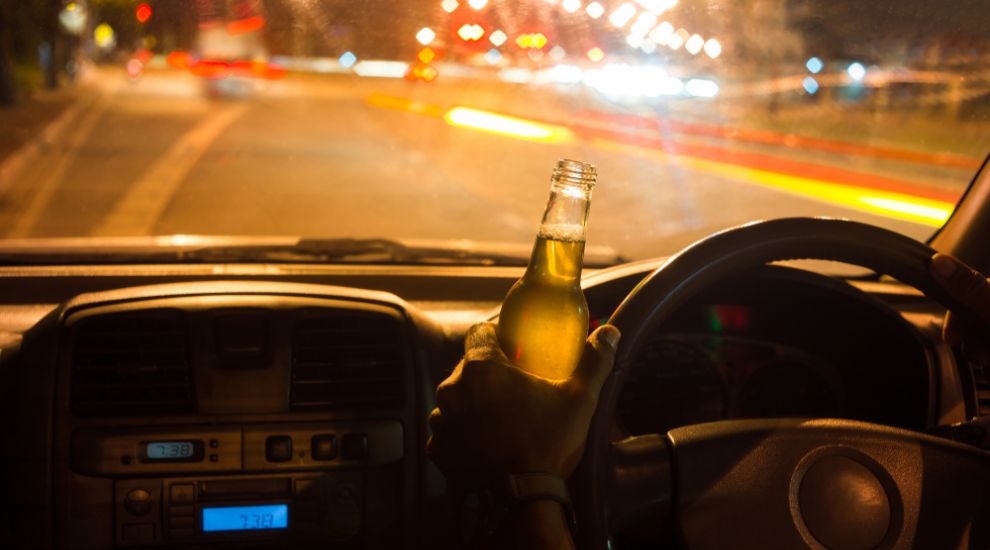


Home Affairs wants States support in introducing new categories of offences for hazardous driving and using a vehicle while under the influence of drink and drugs.
The Committee is seeking amendments to road traffic laws to split out existing offences which people can be prosecuted for in Traffic Court.
Causing death by “careless, or inconsiderate, driving” would become a statutory offence as an alternative to death by dangerous driving.
New offences of causing serious injury by dangerous driving, and careless or inconsiderate driving, would also be introduced under the plans.
The maximum penalty for these proposed offences under current laws is a fine up to £2,000, while death due to dangerous driving carries a maximum penalty of 14 years in prison, or a fine, or both.
And it has requested approval for Police to use drug testing kits at the roadside, such as a saliva swab for cannabis and cocaine, with an associated offence alongside for those who decline to be screened or undergo an impairment test, such as checking pupil size.
It hopes to define a legal limit for “certain drugs” and make it illegal to use a vehicle over these limits.
If the policy letter is successful, Police will also be able to use portable evidential breath test devices which can currently only be done at the station.

Pictured: The reforms have the unanimous support of Home Affairs members.
In a report it notes there have been recent cases where pedestrians or other drivers have been killed, but gaps in the law prevented punishment which matched the crime: “While cases such as these are infrequent, their impact on victims, their loved ones, and witnesses is severe."
It also wants to respond to growing drug trends such as illegal vape products and medical cannabis entering the local market with new technologies now approved for British police services.
Serious injuries would be defined as requiring at least two day’s hospitalisation, fracture of bones, burns, and major internal damage.
Home also wants the wording of existing laws, such as driving without due care and attention, tightened up so it aligns with England and Wales. Dangerous driving would also be legally defined for the first time, as well as driving without due care and attention.
This could bring dangerous vehicles into scope.
Home said the changes would modernise drug and alcohol testing and ensure “appropriate penalties” can be applied to poor driving, with new offences acting as a deterrent.
“It would also enable police officers to more quickly and accurately identify drivers who are under the influence of alcohol and/or drugs, thereby enhancing road safety, creating greater efficiencies for officers and motorists alike and delivering justice more swiftly,” its report says.
There are around 100 drink or drug driving offences per year, it added.
Due to advancements in breath testing technology, the option for suspects to have a follow up blood or urine test would be removed which is in line with the UK.
Nurses and other registered health professionals would be authorised to take blood samples if required should the laws be updated.
The new testing arrangements can be delivered through existing budgets, Home Affairs said.
Comments
Comments on this story express the views of the commentator only, not Bailiwick Publishing. We are unable to guarantee the accuracy of any of those comments.